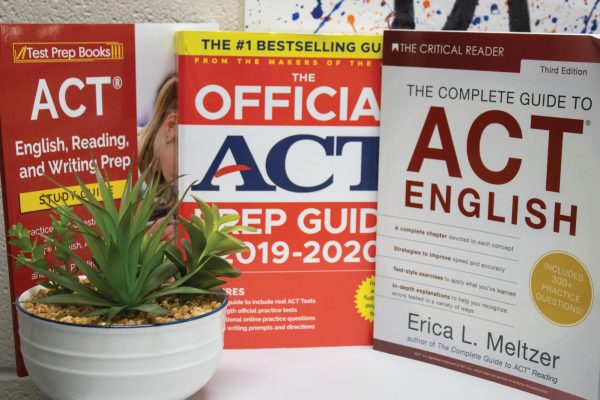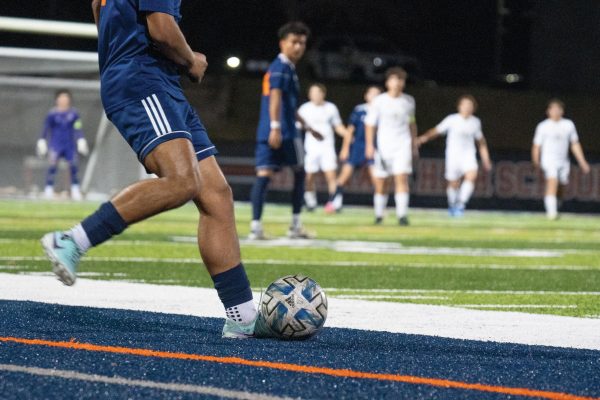Once the Bell Rings, Doors Lock
October 13, 2022
When the Arkansas Legislature updated their school safety policies this year, Rogers Heritage High School started by enforcing locked doors. The goal of this is for there to be fewer tardies, and a higher attendance rate. So, the question is, how are students and teachers actually being affected by the locked doors, and what are their opinions about this new policy?
While these policies were being enforced, new punishments for disobeying them were created. If a student is to show up late to class on a Late-Start Day, they will receive a detention slip. While students and teachers are going to have separate opinions, they still HAVE to be heard. Each policy is in place for student safety, and well-being. Whenever the bell rings, all of the outside door’s lock, disabling a way to cut across campus, and to get to your classes. If you don’t get to the doors or class on time, you will either have no way in and have to go get a tardy pass, or you will be informed by your instructor/teacher that you need to go get a tardy pass. On top of that, if you are more than 15 minutes late, you will be marked absent. No matter if you’re there and if you’re not.
Jeff Wasem, Heritage principal, said “My morning routine is affected by a very small amount. I still remain visible in the same areas. I love the locked doors, it increases safety, and student tardies are way down. Students are busy. I recognize they have responsibilities outside of school. With that, being prompt and on time is a skill students will need throughout life. So, get to school on time and ready to learn. Start that discipline now.”
Dissimilarly, Morgan Armstrong, freshmen, stated “The new locked door policy is making me later than I already am because I have to walk all the way around. I think they should unlock the doors during the bells and ten minutes after, so you don’t have to walk all the way around and be later than you already were to your class. I have received tardies and lunch detention over being just a few minutes late, and if I show up more than 15 minutes late, I get counted absent.”
Similarly, Chris Park, junior, states “The locked door policy has given me a workout that I don’t want, it requires me to go out of my way. I feel like my class time is wasted when I have to walk around and get a note just to get in the door. I’ve had numerous tardies and lunch detention because of this. Although it keeps us safe, the doors being locked all of the time creates a couple issues.”
Sandy Beeson, creative writing teacher, says “The new locked door policy only affects me on Late-Start Thursday when I’m going to different parts of the building other than my classroom. Otherwise, it doesn’t really affect me. I understand the need for the policy. We have to make sure we are doing our best to keep students and teachers safe. It’s unfortunate that we have to have a locked-door policy, but I think it’s necessary. I think it’s important for students to try to get on a healthy sleep schedule. Students need to get used to getting up and arriving on time for things. The earlier they create this habit, the better.”
It’s very clear that students and teachers/administrators have different opinions on the new policies. A student’s perspective of the matter will always be different in some way, than a teacher’s perspective. However, if both parties’ ideas were combined, there could be great outcomes. Mainly, because teachers know what students need, and students know what they want. So, together, students could help the teachers understand how they want to learn, and teachers could use this as a benefit to help students excel.




